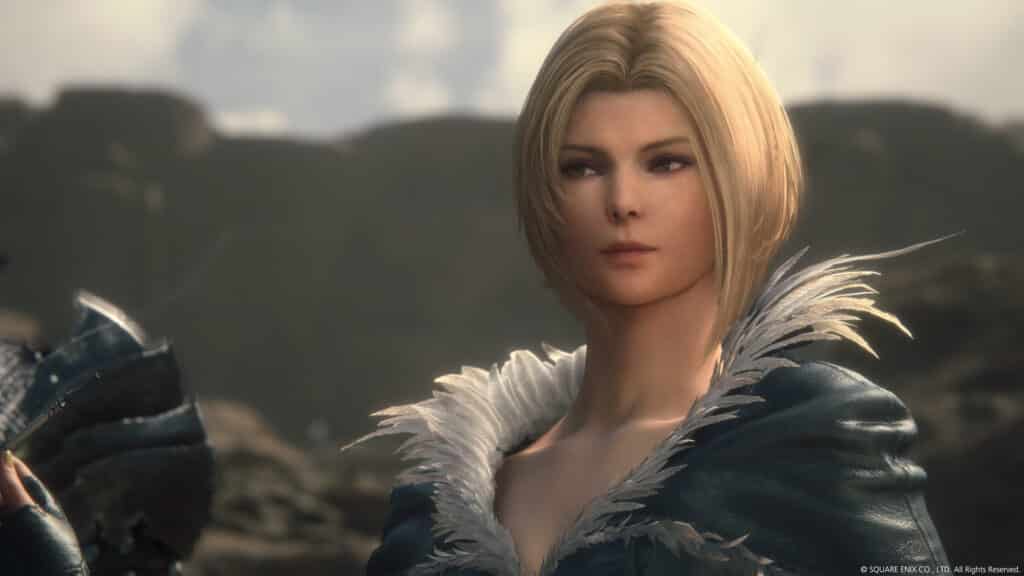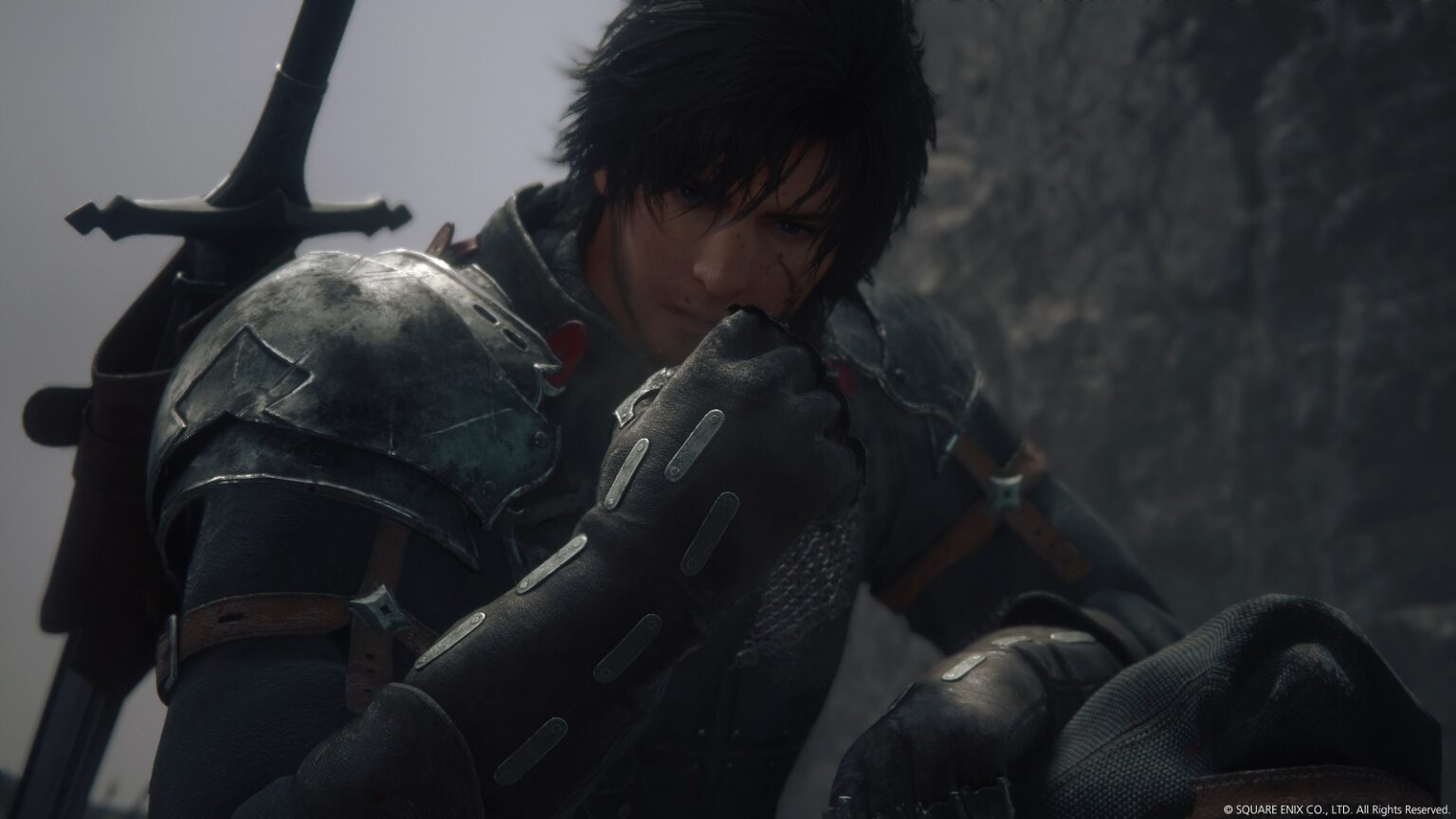Game Producer Naoki Yoshida recently explained a rather “complicated” topic about character diversity in Final Fantasy XVI.
Yoshi-P has recently spoken to media outlet IGN to discuss about a rather “difficult question” in regard to character diversity. He warns the readers that his comments might be disappointing for them.
In recent trailers, fans of Final Fantasy franchise have slowly noticed that all of the characters in the game are white people and that no other colors were seen. They have been wondering if people of color will soon be appearing in other trailers in the future. Current society is more sensitive to diversity and will demand its inclusiveness.
“Our design concept from the earliest stages of development has always heavily featured medieval Europe, incorporating historical, cultural, political, and anthropological standards that were prevalent at the time,” he revealed.
“When deciding on a setting that was best suited to the story we wanted to tell—the story of a land beset by the Blight—we felt that rather than create something on a global scale, it was necessary to limit the scope it to a single landmass — one geographically and culturally isolated from the rest of the world in an age without airplanes, television, or telephones.”
Since Valisthea, the single mass of land that the people live in this game (the known one at least), is isolated then it would not be realistic to make it as diverse as the real world. It would not be as diverse as other Final Fantasy titles that encompass the whole planet and sometimes outer space.
Ethnic diversity is important but since the game is only in a small part of a larger world then it would not make sense at all. Yoshi-P revealed that they have already established “narrative boundaries” and adding another ethnicity would just break that.

The producer also wanted to avoid assigning ethnicity to either the protagonist or antagonist since the theme of the game is conflict, struggle, and oppression through realistic battles. If they added them, it might just “trigger audience preconceptions, inviting unwarranted speculation, and ultimately stoking flames of controversy.”
Instead of focusing on the outward appearance of the characters, the team wanted the gaming community and the fans to focus more on who they are as people. “—people who are complex and diverse in their natures, backgrounds, beliefs, personalities, and motivations. People whose stories we can resonate with. There is diversity in Valisthea. Diversity that, while not all-encompassing, is synergistic with the setting we’ve created and is true to the inspirations from which we are drawing,” he said.
In previous interviews, the producer revealed that the game only uses British English only and no American accents. They want the game to show its medieval Europe setting.
Diversity is important but it should not be incorporated into all types of media. Let the story writers and creators have freedom to choose their settings for their works and do not let the world dictate it.
Final Fantasy XVI launches sometime in 2023 on PS5.






